
Urban agriculture is more and more common a phenomenon, as, with the rising number of urban area, naturally, there is also the rising need to cultivate and deliver food there, as well as to grow plants. In this article, we present you 11 common types of urban agriculture.
Backyard Gardens
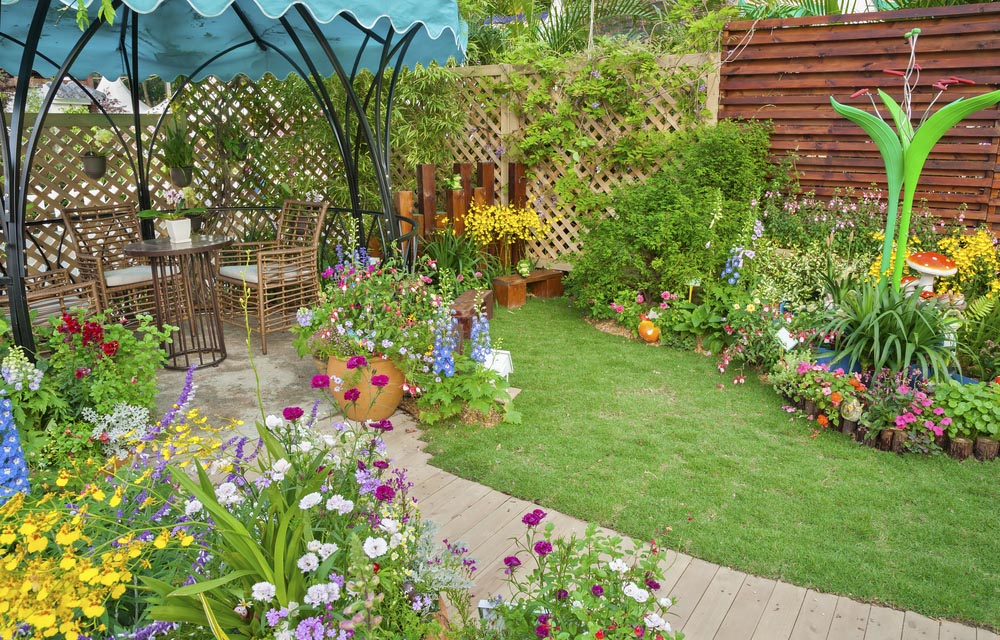
Among the most common are, without a doubt, backyard gardens as, more often than not, it’s the easiest solution to grow food on your own property. During the harvest time, there’s usually a surplus, so you also have enough to share with your friends and neighbors or to preserve and store some of it.
Street Landscaping

Street landscaping is an excellent way to preserve the environment. For instance, an entire neighborhood can join forces to design community gardens.
Tactical Gardens
For those that can’t afford great expenses in order to create a garden, it is always practical to use any available space and change its purpose, for instance, lay out a keyhole garden to replace a parking spot.
Greenhouses
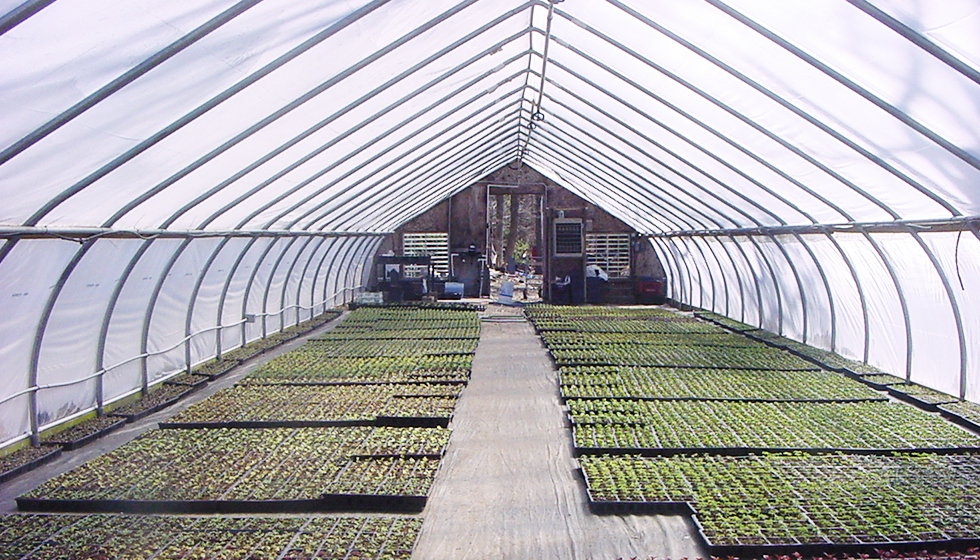
Whether we’re talking about residential, commercial or community greenhouses, these are always welcome.
Forest Gardening
Forest gardening refers to using urban forests to grow fruits, herbs, nuts, vegetables, or any crops. Great idea, right?
Rooftop Gardens

Since there are so many tall buildings, the best we can do is at least use the rooftops of those to grow plants. Plus, green roofs are highly useful when it comes to reducing urban heat islands and improving air quality.
Green Walls
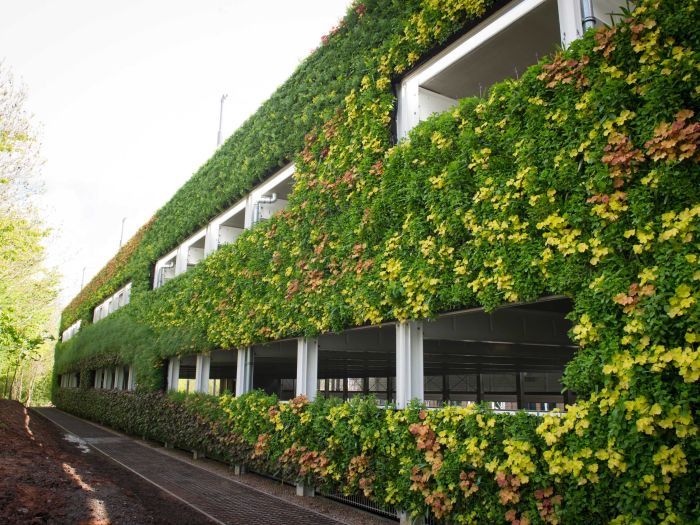
In addition to roofs, walls can also be used as an extra space to grow plants, both internal and external.
Vertical Farms
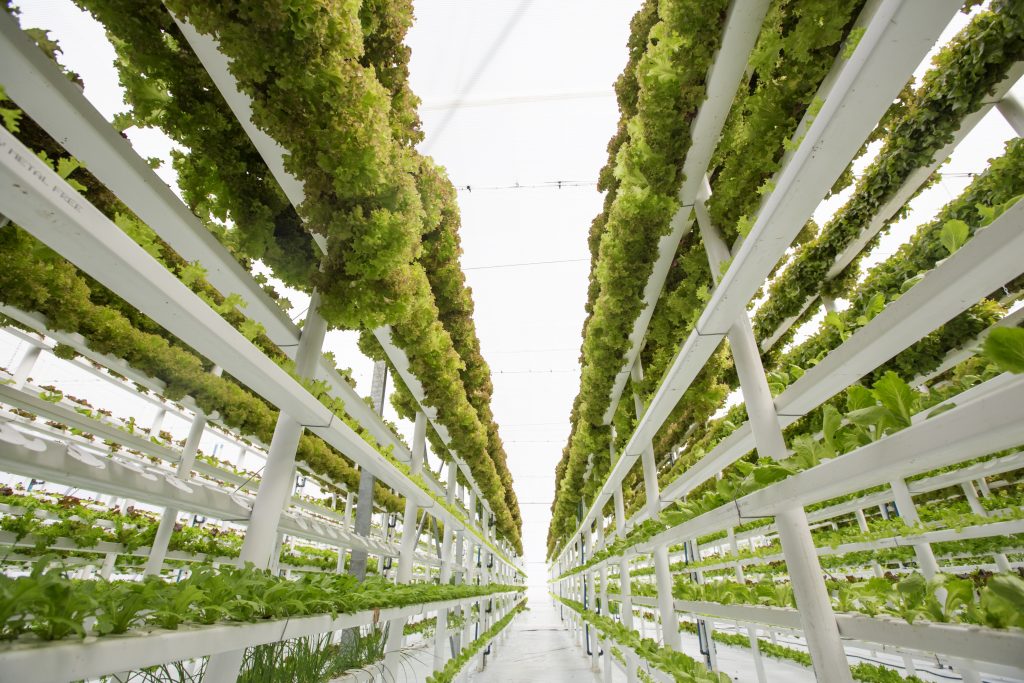
In an attempt to reduce land footprint of agriculture and solve the shortage of food in the world, it is always a good idea to build farms upwards, i.e., produce food in vertically stacked layers.
Animal Husbandry
Even though some cities allow residents to raise only a limited number of certain animals, raising animals for food is still among most common types of urban agriculture.
Urban Beekeeping
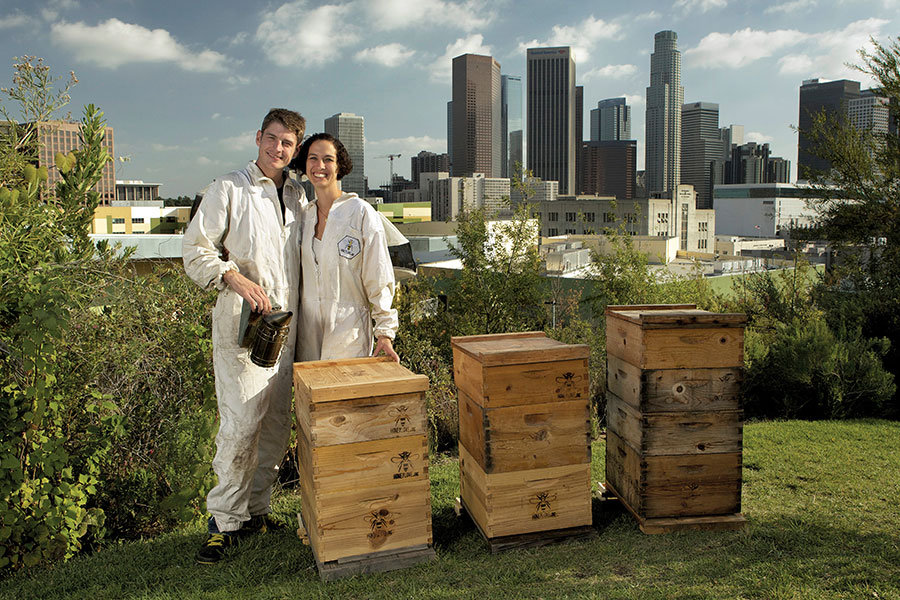
Not only is urban beekeeping a common hobby nowadays, but it is also a beneficial one, as it can have a positive effect on the local environment.
Aquaponics
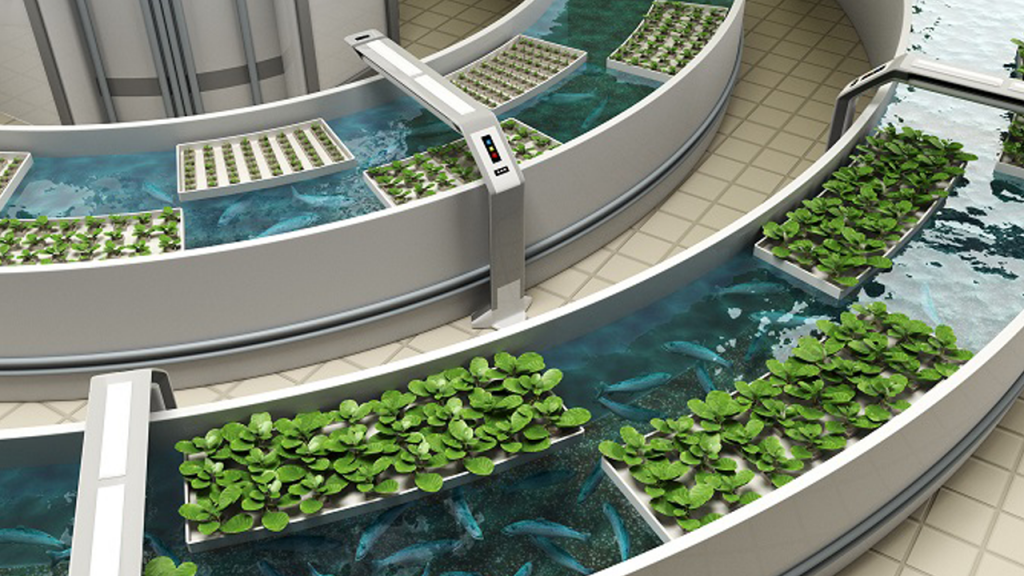
Last but not least, we have aquaponics, i.e., raising aquatic animals such as fish, which most commonly requires capturing storm water to create a self-sustaining system when you live in a city.

















